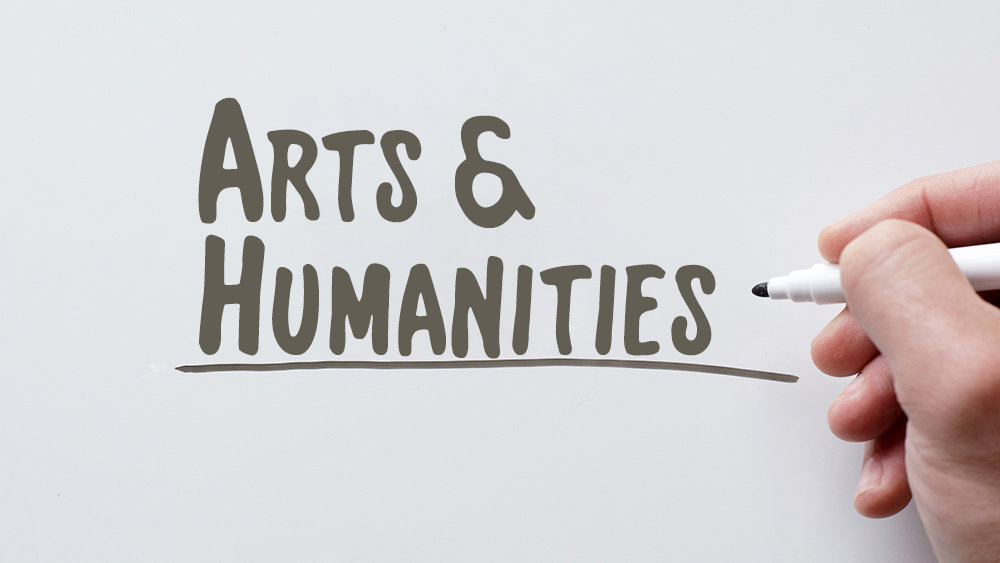Do you aspire to greatness? Or does that question just strike you as silly, or almost embarrassing?
One of my favorite books in the late '80s was Attaining Personal Greatness, by Melanie Brown. It's actually one of my favorite success and personal growth books of all time, and I bet you haven't heard of it. That's too often the way things go. It's great (appropriately) but not well known. You can buy it on Amazon now for a penny. I quickly learned not to carry it around with the title showing, lest I elicit comments like "Oh. Have you attained it yet?" Or, "How's that going?" (with a raised eyebrows and a finger pointing toward the title).
Can you even imagine the concept broached in a speed dating situation: "What are your interests and plans?" - "Well, greatness. I'd like to attain personal greatness." - "Ok. NEXT!"
I did a podcast interview yesterday with a great guy who seems to be a real kindred spirit, Jay Forte, author of the book The Greatness Zone, and proprietor of the website named, appropriately, The Greatness Zone. He said that when he told his kids about the book, they advised him that he desperately needed a different title - that nobody is going to go around googling "greatness," or even binging it, or Yahooing, or whatever.
But I did. A quick google of the word 'greatness' reveals that it got used a lot in the year 1800, but that since then, it's been on a long downhill decline, which has only recently begun to reverse. The word 'awesome' by contrast had almost no usage in 1800, but experienced a marked increase of usage beginning after 1900, and spiking in the 1990s, until relatively recently, when it slowly began to become "not so great, or awesome, after all."
Our word 'great' has an interesting ancestry. In Old English, it was pronounced like "Greet." In Dutch, the root was 'groot.' In German, 'gross' - but we'll pass over that one. In Old Saxon, it was 'grot', meaning, of course, something very different from 'rot'. These terms each tended to imply "big" or "tall" or "thick" or "stout." They were words of distinctive magnitude. In Middle English, there was a related verb, greaten, that meant "to grow, to increase, to become larger, or develop." And that's a key to the modern meaning.
Greatness is the result of a proper development, or appropriate growth, far beyond the norm. We speak of great musicians, great painters, great leaders, a great product, great service, and great art. The great is the wonderful and rare, the exceptional, the extraordinary that's far beyond the range of the ordinary. Now, there is certainly nothing wrong with what's ordinary, except when that word far too often comes to mean mediocre, subpar, poor, or even not really that good.
Nobody's born wanting to be a failure. Few people aspire to mediocrity. But is it Ok to shoot beyond good? Is it fine, or even commendable, or rather, obnoxiously elitist, and even narcissistic, to strive for greatness?
I happen to think that, in life and in the many roles we play within it, greatness is first and foremost a spiritual condition, an expansion of skill, ability, and performance that involves bringing something or someone to a special form of heightened completeness. It arises from innate gifts but develops through passion and persistence and a refusal to be stopped short of what's possible. Greatness is an achievement and pinnacle concept. And it's a realizable ideal.
Greatness isn't the same thing as perfection. Great men and women often have great flaws, or imperfections. But greatness requires the ability to learn from mistakes and challenges and failures along the way. And its measure is context relative. A great hotdog doesn't have to compete with a great painting in the realm of the aesthetic. Great work in college may be judged differently from great work in a professional context at the apex of an industry, or discipline.
Perhaps, we can each aspire to our own personal form of greatness, at any given time, dependent on our talents, interests, values, and opportunities. Your proper greatness now, or in ten years, need not get you on the cover of Time Magazine, or invited to a sit-down with Oprah. But it will ennoble and elevate you and those around you, when it's done right. And it could even be what you're here for.
Just be careful how you talk about it, if you're first aspiring to it, or well on your way.






























